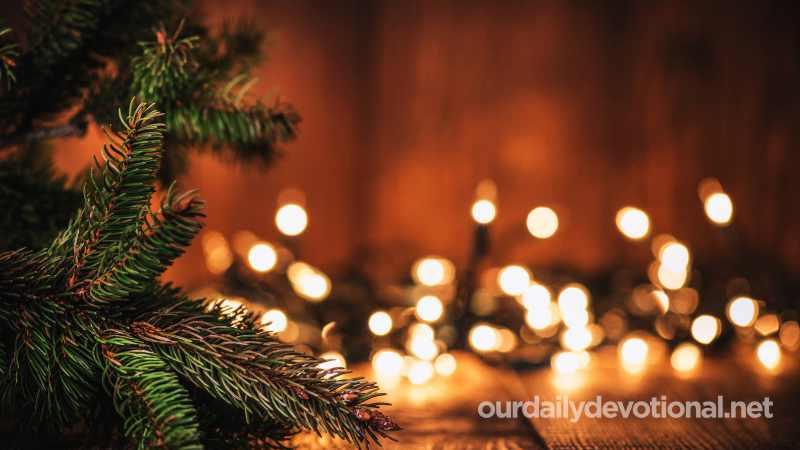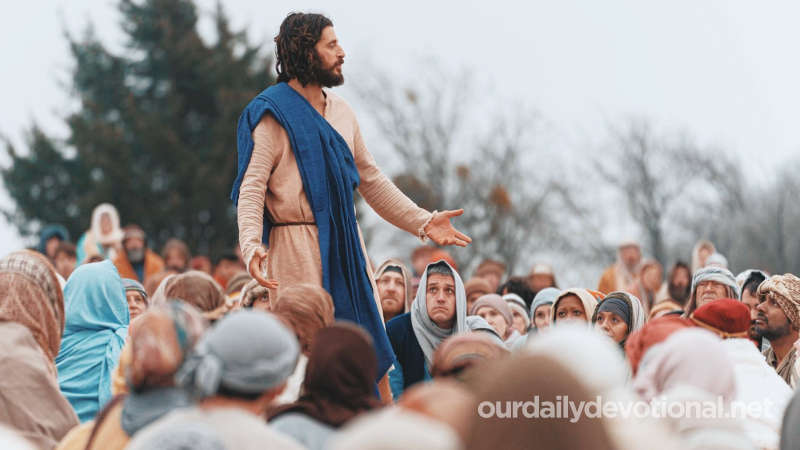(Gr. "Ekklesia", from the verb "ek kaleõ", "to call out of"). (a) Use of the term. In the Greek states this name was given to the assembly of citizens, summoned by a herald to discuss and decide public affairs (cf. the riotous assembly of Ephesus, Acts 19:32, 41).
The LXX translates as "ekklesia" the Hebrew term "kãhãl", which designates the assembly or congregation of Israel. It is in this sense that Stephen speaks of "the congregation" ("ekklesia") that was with Moses in the wilderness (Acts 7:38). The Lord Jesus uses for the first time in the NT the term church, which will receive such common treatment in the NT.
Let us point out here that this term never designates a building or a place of worship, as happens today. (b) Definition. In essence, the Church is the community of all New Testament believers who have been united by the bond of faith and the regenerating action of the Holy Spirit, in a vital way, to Jesus Christ. This "spiritual" Church is the mystical body of the Lord, of which one becomes a member by the baptism of the Spirit, and in this sense it is discerned only by the eyes of faith (1 Cor. 12:13).
It is "universal" in that all the children of God from all countries and origins are part of it (Acts 2:47; 9:31), also including all those rescued already gathered in the Lord (Heb. 12:22 -2. 3).
Although in a certain sense it is "invisible", it is at the same time "visible", since it is found on earth manifested through living and active members, so that the world can see its brotherly love, note its good works, and understand their faithful testimony of the Lord (John 17:21; 1 Pet. 2:12; Phil. 2:15-16).
Likewise, it is also "local", since in the NT the Christian community of each locality was considered a church, which also allows the use of the term "churches" (Acts 8:1; 11:26; 13:1; 14:23, 27; 15:41; Rom. 16:4-5; 1 Cor. 7:17; 1 Thes. 2:14). (c) Relationship between Christ and the Church.
The relationship between Christ and the Church is wonderfully illustrated in the NT. Christ is the Head, the Head of the Body of the Church (1 Cor. 12:12-13, 27; Eph. 5:23, 30); he is the heavenly Bridegroom, who has united himself so intimately to her that the two are no longer one flesh (2 Cor. 11:2; Eph. 5:31-32).
It is the cornerstone of the temple of the Lord, whose living stones are the individual believers built on the foundation of the apostles and prophets (Eph. 2:1922; 1 Pet. 2:4-5; this is how Mt. 16:18, since Peter was the first to clearly confess the name of the Savior, being in this sense the first individual stone laid on the foundation (cf. Acts 4:11-12).
Christ is also the high priest who heads the royal priesthood made up of all members of the Church (1 Pet. 2:5, 9-10; Heb. 9:11, 14; Rev. 1:6). (d) Unity. The unity of the Church is a gift from God and a miracle achieved by the work of the Cross and Pentecost, gathering into one the children of God who were scattered (John 11:52; Eph. 2:1316; 1 Cor. 12:13).
This is how Christ's intercessory prayer is fulfilled, asking for his people a perfect unity of nature, similar to that of the Father and the Son (John 17:11, 20-23). The sevenfold base of this unity is indicated in Eph. 4:46; This unity exists among those who worship and serve the triune God, who have become members of the body of Christ, the Church, by the baptism of the Spirit, having the only saving faith and the living hope of the return of Christ.
Outside of this basis, any search for unity is illusory. In any case, we do not have to make or organize unity, which is spiritual, through our efforts, but rather keep it in the bond of peace (Eph. 4:1-3). This demands constant effort from believers, and should lead us to the confession that we have all sinned gravely in this regard.
More attention should be paid to the stern warning of 1 Cor. 3:16-17! (e) Gifts and ministries within the church. In the Body of Christ each member receives one or more gifts of the Spirit, to enable him to act for the good of the rest of the members. An enumeration of possible gifts and ministries is found in 1 Cor. 12:7-11, 28-30; Ro. 12:4-8; Eph. 4:11.
Because all members of the body of Christ are thus gifted and called to the priesthood, there is no hierarchy in the Church, nor division between clergy and laity. What does exist is a harmonious distribution of gifts and ministries, exercised in mutual love and submission to one another (1 Pet. 4:10-11).
In the NT Church the apostles played a role that was, in a sense, unrepeatable (Acts 1:21-22; Eph. 2:20); The bishops (Gk. "overseers"), also called elders (Acts 14:23; 15:22; 20:17, 18), were in charge of watching over the flock and ensuring preaching and teaching (1 Tim. 3:1-7; 5:17); The deacons exercised a ministry of service (Acts 3:8-13; 6:2-6; cf. Rom. 16:1-2: Phoebe, deaconess of the church of Cenchrea).
These were positions always established by the irreplaceable authority of the apostles, either personal or expressly delegated (1 Tim. 3:1-7, 8-13, 14-15; Tit. 1:5), which is evidence that they did not They were established by the churches themselves. There were also prophets, evangelists, pastors and teachers (Eph. 4:11).
These are constituted by the direct authority of the Lord himself, head of the Church (cf. Acts 13:13), exercising their ministries in communion with the entire Church but not, certainly, commissioned by it, but by the Lord himself for edification. mutual. It is also a plural ministry, and not reduced to a single man, as is so often the case today.
The activities and authority thus remain within the Church, so that at the Council of Jerusalem the decisions are made on behalf of the apostles, elders, brothers and, finally, the entire Church, under the direction of the Holy Spirit. (Acts 15:22-23, 28). (See COUNCIL OF JERUSALEM.) f)
The eternal destiny of the church. On this earth, the Church is still imperfect, incomplete and despised; She is not of the world and walks, like her Lord, along the way of the cross (Lk. 12:32; Jn. 15:18, 20; 17: 14-18). Her task is to bear witness to Jesus Christ and win souls to his name (1 Pet. 2:9-10; Phil. 2:15-16).
She has to grow in holiness (Eph. 4: 12-16); The time is imminent when the number of the elect will be fulfilled (Rom. 11:25) and when Christ will make his perfect wife, glorious and blameless, appear before Him (Eph. 5:27).
To do this, her wife will have been caught up to heaven to meet her Lord (1 Thes. 4: 14-17; cf. Mt. 25: 1-13), purified and united to Him at the Marriage of the Lamb. (Rev. 19:7-9). Seated with Christ on her throne, she will reign with Him forever and ever (Rev. 3:21; 22:3-5).
Then those who have been saved by the faith of the Gospel will enjoy their happiness without any adversity, in the presence of God himself, in that city that has foundations, whose architect and builder is God, enjoying an endearing communion with Christ and with the Father in an eternal union by the Spirit (Heb. 11:10; Jn. 14:1-3; Rev. 21:9-22:5).
The last words of the Bible resound with the hope of the Spirit-fed Church: “And the Spirit and the Bride say: Come... He who bears witness to these things says: Surely I am coming shortly. Amen, yes, come, Lord Jesus” (Rev. 22:17, 20)
Meaning of CHURCH
(Gr. "Ekklesia", from the verb "ek kaleõ", "to call out of"). (a) Use of the term. In the Greek states this name was given to the assembly of citizens, summoned by a herald to discuss and decide public affairs (cf. the riotous assembly of Ephesus, Acts 19:32, 41).







